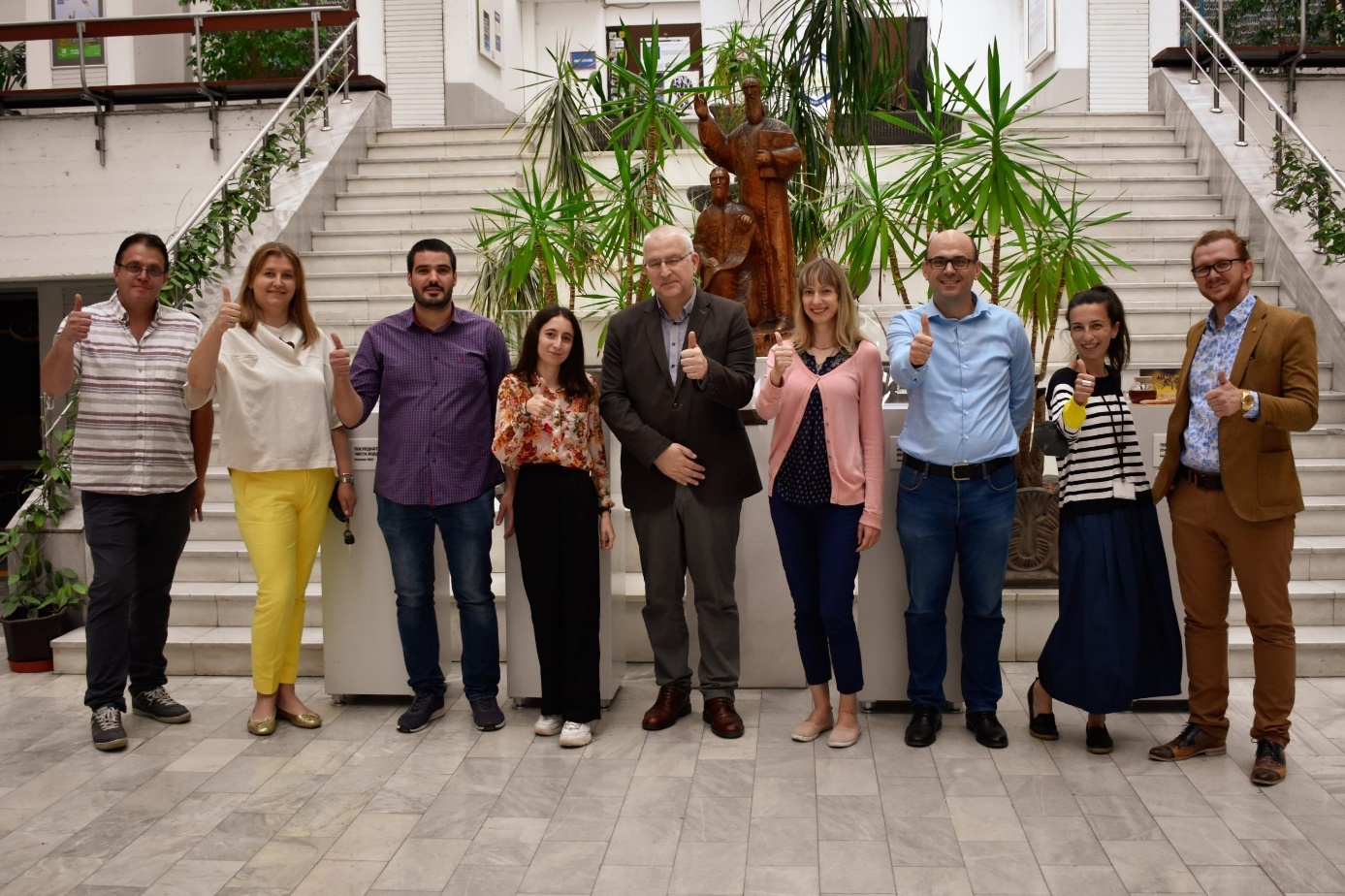Wicked problems are complex, multi-dimensional challenges that resist simple solutions. Examples include climate change, poverty, inequality, and health epidemics. These problems require a deep understanding of the complex interactions between different systems and stakeholders, as well as innovative and interdisciplinary approaches to solving them.
The SCORE project, led by the Ss. Cyril and Methodius University in Skopje (Republic of North Macedonia)and consists of partners University of Ioannina (Greece), Sofia University St. Kliment Ohridski (Bulgaria) and Czech University of Life Sciences Prague (Czech Republic), aimed to advance scientific research and dialogue in higher education institutions (HEIs) on wicked problems. The first result of the project was the identification of the state-of-the-art literature on wicked problems, which was compiled into a synthesis report and made available through an open public repository.
The literature collection and analysis protocol followed by the SCORE project aimed to bring together high-quality scientific work and provide an overview of the current landscape of the scientific literature on wicked problems. The resulting library database, which is available through the Zotero reference management software, contains a rich reference database on wicked problems that can be easily downloaded and used by HEIs.
The synthesis and analysis of the state-of-the-art literature on wicked problems showed that while the existing stock of works offers a good understanding of the characteristics and aspects that define wicked problems, they offer limited systematic approaches and insights to the solutions. The definitions repeat the use of key words such as “social”, “complex”, “urgent”, “system”, “hard” or “incomplete”. Several works note that wicked problems are usually ill-defined and cannot be solved with a standardized process. Most of the works agree that there is no single solution to a wicked problem, and many stakeholders and decision makers are involved in the process of identifying solutions.
The synthesis results identified arguments in favor of the importance of bridging different stakeholders and disciplines, of education systems and political systems, of business environment, and technological transformations to solving wicked problems. This points to the need for innovative and interdisciplinary approaches to solving wicked problems that bring together diverse perspectives, expertise, and experiences.
The contribution of the SCORE project to the academic community is significant as it provides an accessible and comprehensive reference database on wicked problems that can be used to advance scientific research and dialogue in HEIs. By bringing together diverse perspectives, expertise, and experiences, HEIs can develop innovative and interdisciplinary approaches to solving wicked problems and contribute to a more sustainable and equitable future.
In conclusion, the SCORE project’s synthesis report on wicked problems provides a valuable contribution to the academic community by bringing together a comprehensive reference database on this complex and important topic. By highlighting the need for innovative and interdisciplinary approaches to solving wicked problems, the report points the way forward for HEIs to contribute to a more sustainable and equitable future.
This project is coordinated by Ss. Cyril and Methodius University in Skopje (Republic of North Macedonia), with partners from: University of Ioannina (Greece), Sofia University St. Kliment Ohridski (Bulgaria) and Czech University of Life Sciences Prague (Czech Republic).
More about the project: https://score-eu.org/
First results available here.
Read more about the project here.
This project has been funded with support from the European Commission.


